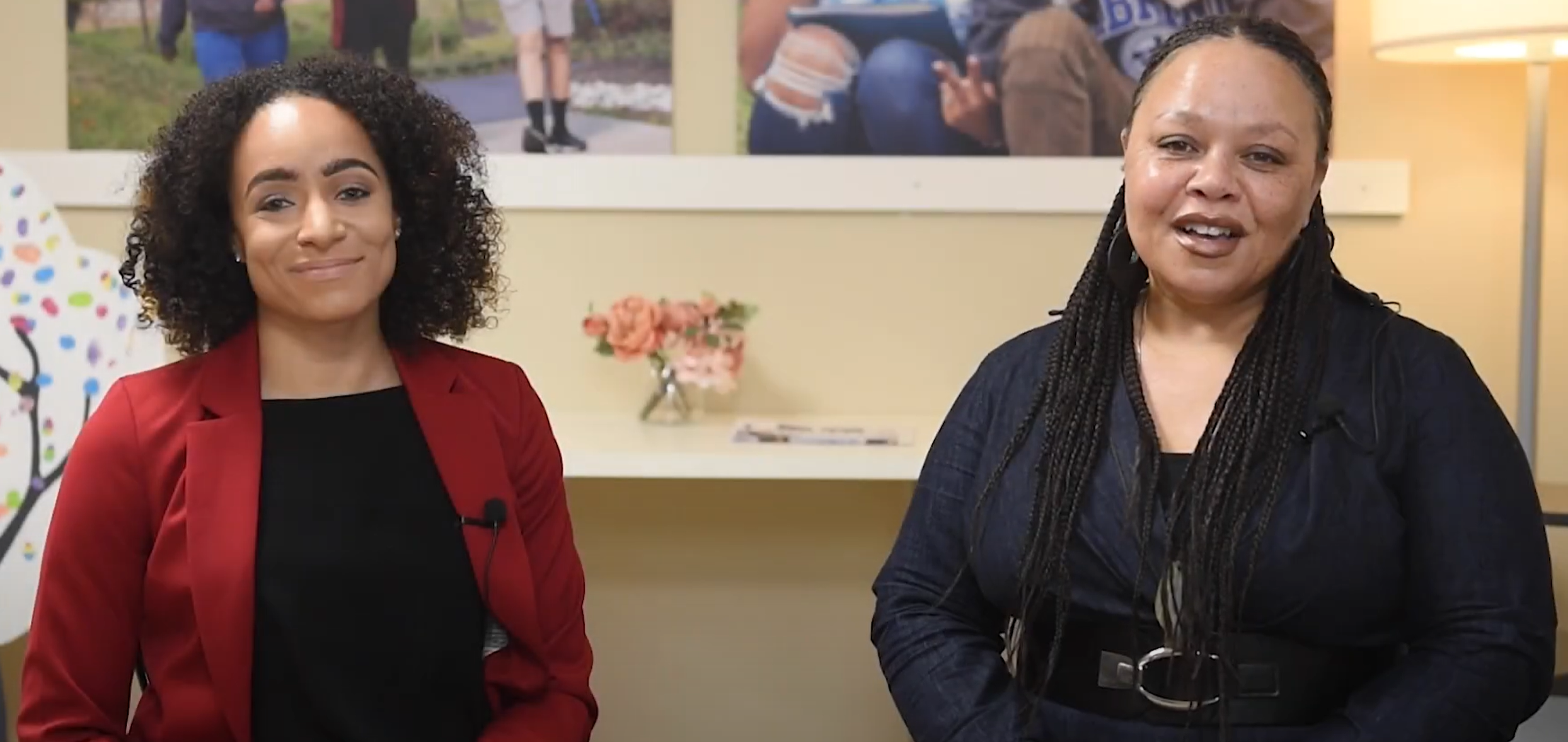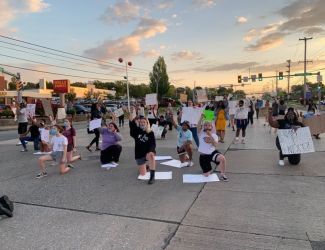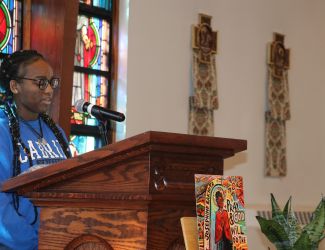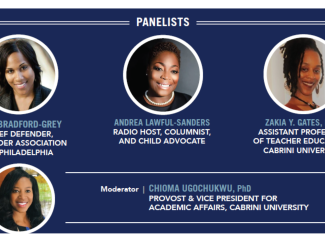Every year the month of Feb. is filled with African-American pride and discussion for Black History Month. The month is a chance to highlight the history and accomplishments of black people. While sprouting from a black history week to what is now recognized across the country, the month-long celebration still has those that question if Black History Month is still necessary after all these years.
On Feb. 16, 2022, Cabrini provided a space to discuss whether or not Black History Month is still a necessity. Dr. Joseph Fitzgerald, professor of black studies, joined Lailah Dunbar, Director of the Office of Diversity, Equity, Inclusion and Belonging, in conversation for the topic.

Within the first few minutes of this virtual panel, Fitzgerald had concluded that Black History Month was still needed.
“You can’t understand American history without black history,” Fitzgerald said. “You can’t know history in the way you need to know it if you just study the European experience.”
Lailah Dunbar had come to that same conclusion before the panel took place. On Jan. 26, 2022, Dunbar had posted an article titled, “Why Black History Month is Still Necessary.” The article goes into detail about the necessity of the month-long celebration by focusing on the failures to teach black history correctly in the school system and how the victors are the people to write history. In the article, Dunbar takes a moment to focus on the debates that have been had for years about Critical Race Theory and the legislations that are currently surfacing to ban its teaching in school.
In her article, Dunbar writes, “With ongoing arguments and legislation against teaching Black history (often framed as Critical Race Theory) in American schools, it is evident that many Americans fear to face the ugly side of our country’s legacy.” She goes back to speak on the role of education in teaching black history during the discussion.
“Until education is more culturally responsive, black history month is still necessary,” Dunbar said.
Fitzgerald reinforced Dunbar’s statement about the role of education. He spoke on the question he often asks his students in his black studies class.
“I ask them if they’ve learned anything about black history other than Harriet Tubman, Martin Luther King Jr. and maybe Barack Obama and most of them haven’t,” Fitzgerald said.
Fitzgerald and Dunbar weren’t the only people that talked about failures in the school system to teach this topic. Jasmine Greene, Coordinator of the Office of Diversity, Equity, Inclusion and Belonging, hosted the event and gave her thoughts on black history in American education.
“The history of a lot of white individuals are already in the curriculum,” Greene said. “Other names of people who’ve made contributions to history, especially black people, aren’t well known.”
After Fitzgerald and Dunbar had finished their discussion the panel became interactive. The viewers were linked to a poll where they would answer a few questions including naming their earliest Black History Month memories, explaining what school taught them about Christopher Columbus and their opinion on the necessity of Black History Month. The viewers came to the same conclusion that Fitzgerald and Dunbar had come to at the start of the event.
Black History Month is still necessary.
In her article about the necessity of the month, Dunbar used an old African proverb to emphasize her point.
“Until the lion learns to write, every story will glorify the hunter.”






